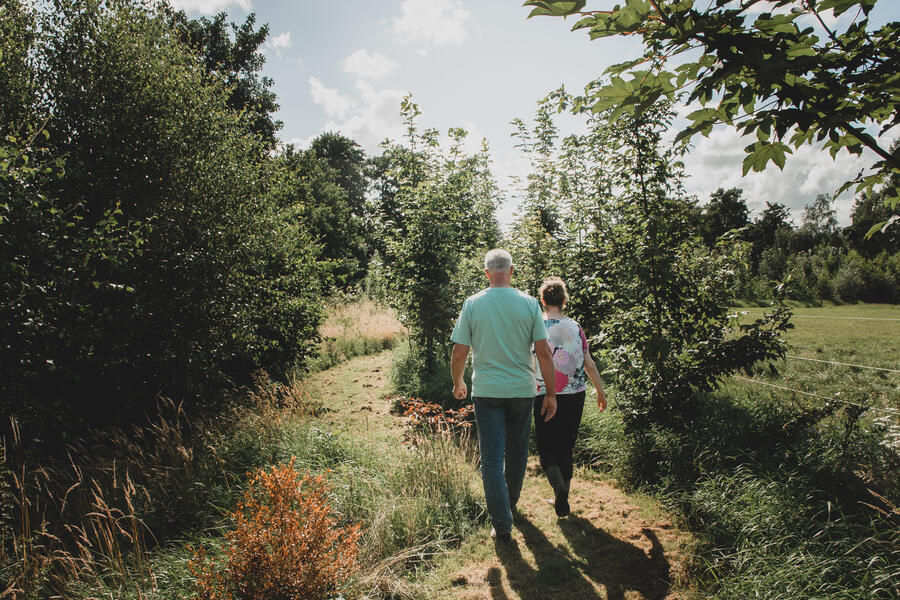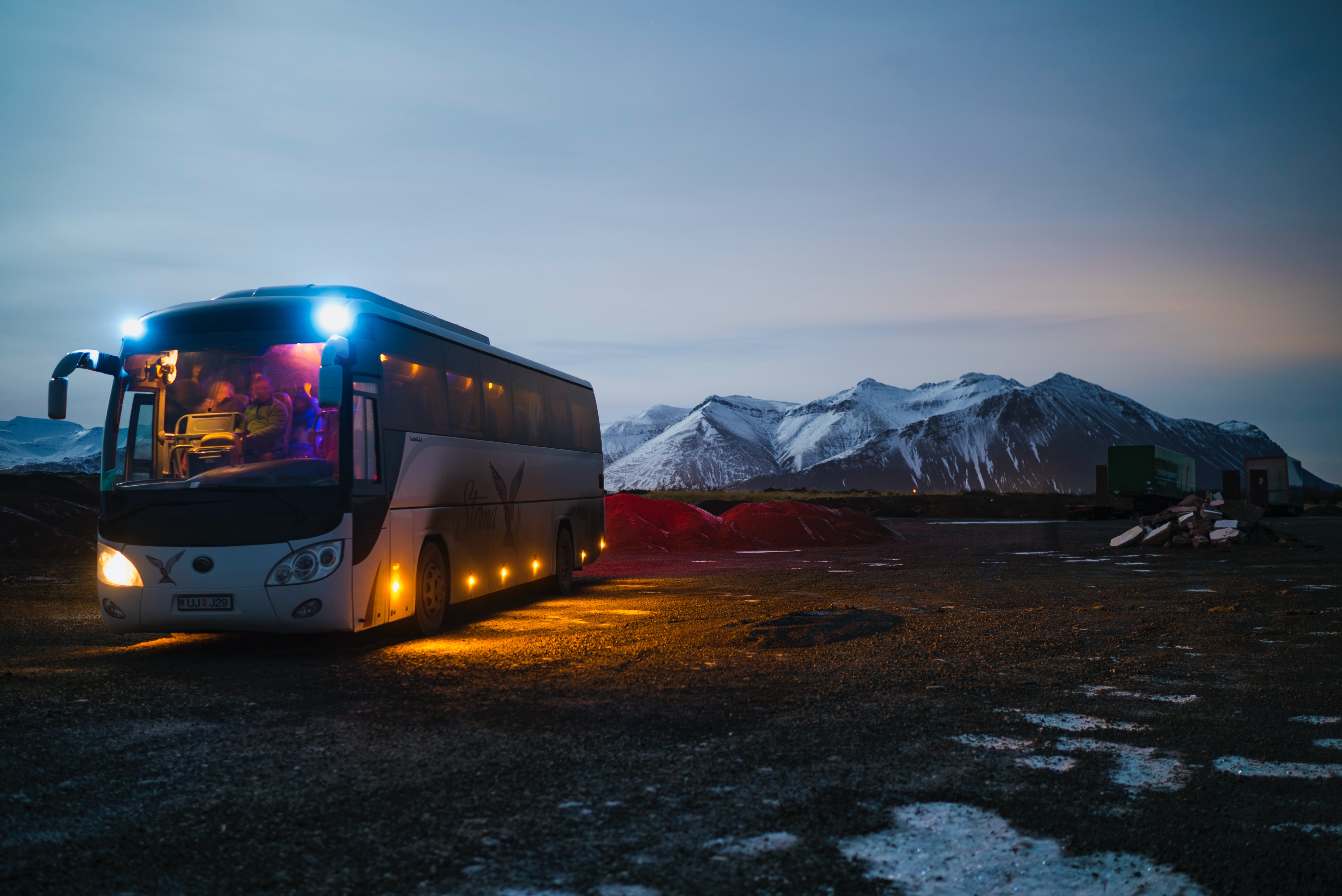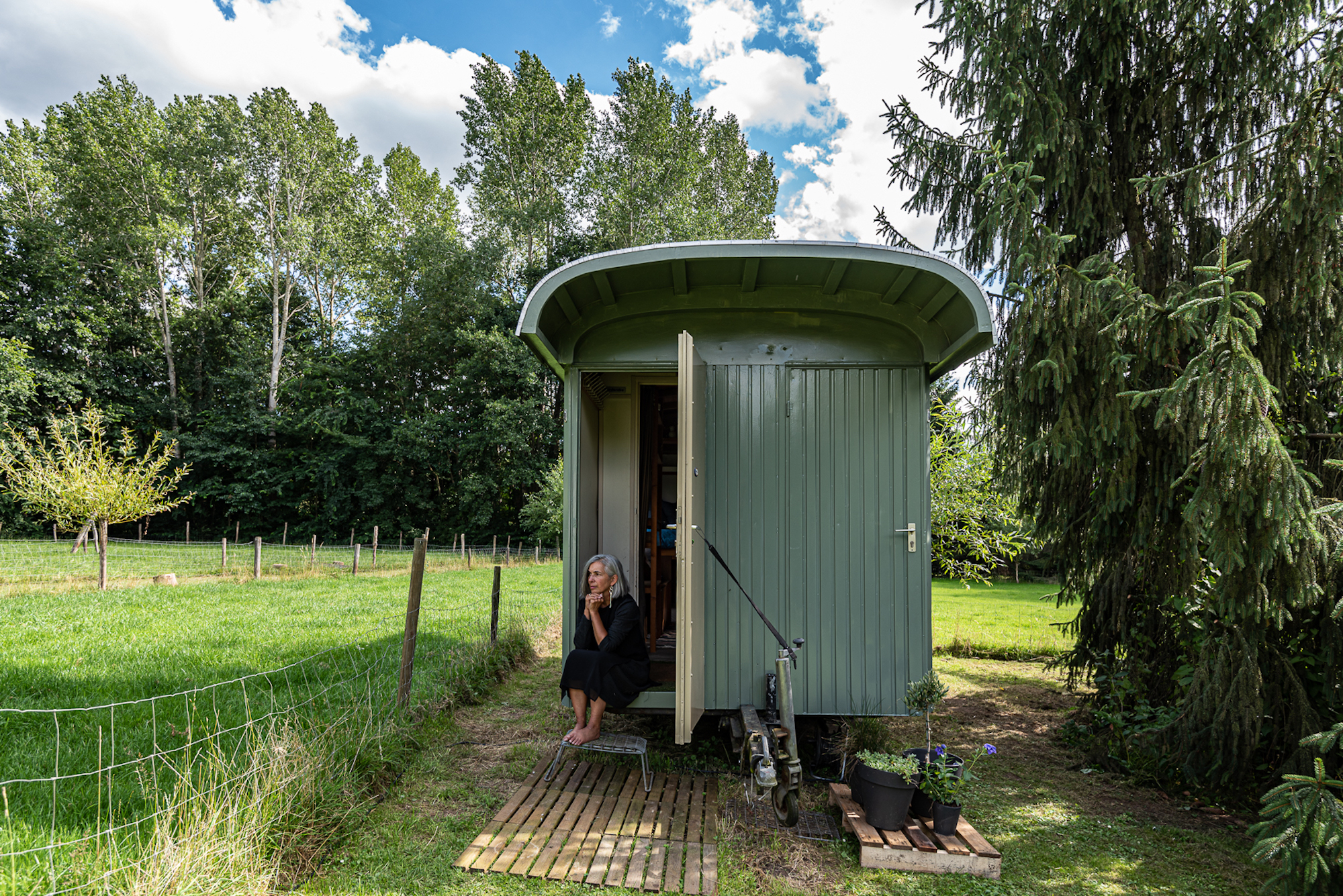
Freedom of nature
Sustainable getaways
Real human connections
10 Eco-Friendly Travel Tips
Want to know about eco-friendly traveling? Well, we have gathered 10 tips to get you started!
Eco-friendly travel is a way of travel that focuses on ways to both minimize and prevent environmental, economic, and social harm as well as provide alternative ways to make a positive impact in the tourism industry. Ways of traveling in an eco-friendly way, is by minimizing your usage of waste and resources, reusing resources that already exist, and supporting a system that benefits the local environment!
The tourism industry is only growing and sustainable traveling is a very important direction to go into if we want to also combat climate change. We have created a list of the golden rules of responsible tourism as well as 15 tips on how to participate in sustainable travel to make it easier for you!
Eco-friendly travel tips
The “Golden Rules” of eco-friendly traveling all relate to being conscious of your choices in 4 key areas: accommodation, transportation, activities and resources. These 10 eco-friendly travel tips make it easy for you!
1. Accommodation
The one motivator, reason, and aspect of traveling is choosing where to go. Then it’s where or how you’re staying overnight in that location. So, choosing local areas and smaller businesses is the first step towards responsible tourism! By choosing local areas, and smaller businesses, you are directly supporting an important part of the economy, as well as leaving a small carbon footprint. Hotels and luxury accommodation use and harm land, produce a lot of waste and use a lot of resources. We as Campspace aim to work towards a circular economy, provide new opportunities for travelers to experience their local community and nature, as well as practice a healthy sustainable lifestyle!
Stay in a tent for the night is not only a good choice, it also gives you a unique experience. Start in your backyard if you want or go straight to one of our campspaces, nobody is stopping you! You don’t need external heat sources if you wear proper materials and clothing, a very sustainable way of traveling, indeed.

2. Transportation
The next step when booking your holiday is choosing how to get there. Airplane and driving the car are the most common options, also the most polluting. The reason airplanes are so popular is because the demand is high. In order to travel responsibly, choosing either public transportation options or other services that are more sustainable is a great start! There are great transportation options accessible for the public to use, and since they are anyway going in a specific direction no matter what, you are minimizing your carbon footprint! A few examples are:
Take public transport, or ride a bike!
Take the train to the neighboring city, ride your bike to the store, use Flixbus or BlaBla Car to get to more medium distance destinations, or take the bus and tram to work. The options are diverse and it’s important to enjoy the trip to the destination as much as being in the end destination!
Go on a road trip in an electric car
If you do want to use a car for transport, we encourage you to use an electric car if you can! Next time you crave for a mini-adventure, rent an electric car and enjoy a low CO2 emission trip! If you’re one to enjoy road trips and traveling, investing in a hybrid/electric car can be smart.
3. Activities
Responsible or sustainable activities may not be a very common term, however, this is another way you can include sustainability into your life. Outdoor activities or any activity involving nature would most likely be sustainable. From having a picnic, walking, hiking, cycling, nature touring, wildlife observing, and so much more, you are not emitting a high amount of CO2 emissions. Want more activity suggestions? Check out our article on 13 fun things to do outside and the best camping activities.
4. Resources & Intentions
Resources are being wasted and overproduced every day, however that can all change by choosing to be mindful of what things we use, and how much. In addition, being aware of your intentions towards sustainability and understanding what works for you and makes you happy is another important part of starting a sustainable lifestyle. Do you want to be sustainable because of climate change, or because you want to improve yourself for the better? Either way, staying mindful with your choices and making sure to go at a comfortable pace will guarantee better results in the long term which is the ultimate goal.

5. Use a bamboo toothbrush
Speaking of materials made of bamboo, bamboo toothbrushes are a great sustainable product and alternative to the wasteful plastic ones! There even are bamboo brush travel sets, so no need of bringing the foldable plastic ones.
6. Bring bar soaps
Small, plastic-free, and less likely to contain harmful chemicals, bar soaps are your ultimate hygiene travel products. We aren’t only talking about bar soaps for your hands. Bar shampoo, bar conditioner, bar body wash, bar hand wash, bar face wash are all sustainable alternatives to plastic bottles! An extra advantage is that they don’t take up any space in your backpack!
7. Use natural sunscreen that doesn't harm the ocean
This may not be a common fact but many sunscreens contain ingredients that can harm the ocean and its aquatic creatures. Look for sunscreen that does not include ingredients like oxybenzone and octinoxate for example or that are only made from natural resources. Suntribe is one of the brands that are good to go!

8. Stay in the shade instead of using air conditioning
If you can, try to use the shade as much as possible, and find other cooling method alternatives. Using air conditioning from your car or your house uses a lot of energy. You can also look for a beautiful hand fan to bring with you everywhere you go!
9. Travel slow
City life is often fast-paced, so making sure to experience a proper break, slow travel is a great way to start learning more from your trips and experiences. Driving on roads instead of highways, understanding culture through local experiences and not just popular cities. Slow travel focuses on the connection of the traveler with the local communities, natural environments, and culture.
10. Challenge yourself to eat vegetarian
Production of meat, dairy, and other animal products is one of the greatest sources of pollution. It’s also not healthy to have too much of something and practice healthy eating, a balanced diet, and sticking to organic products if you can. Challenge yourself to eat a plant-based diet! Here are some camping lunch ideas for inspiration. Remember to start slow and create small goals to experience the small wins!
So next time you book a holiday trip, keep in mind that you can still do what you want to do and have an amazing experience all while choosing more local destinations, transportation methods, and practicing good intentions! Ready to bring sustainable travel to practice? Go have a look at all the places you can book through our website that are available coming weekend! We hope these 10 eco-friendly travel tips can be used as inspiration to implement more sustainable habits into your life!
Find your sustainable getaway
Up to 95% CO2 reduction if you book a campspace adventure. Learn more